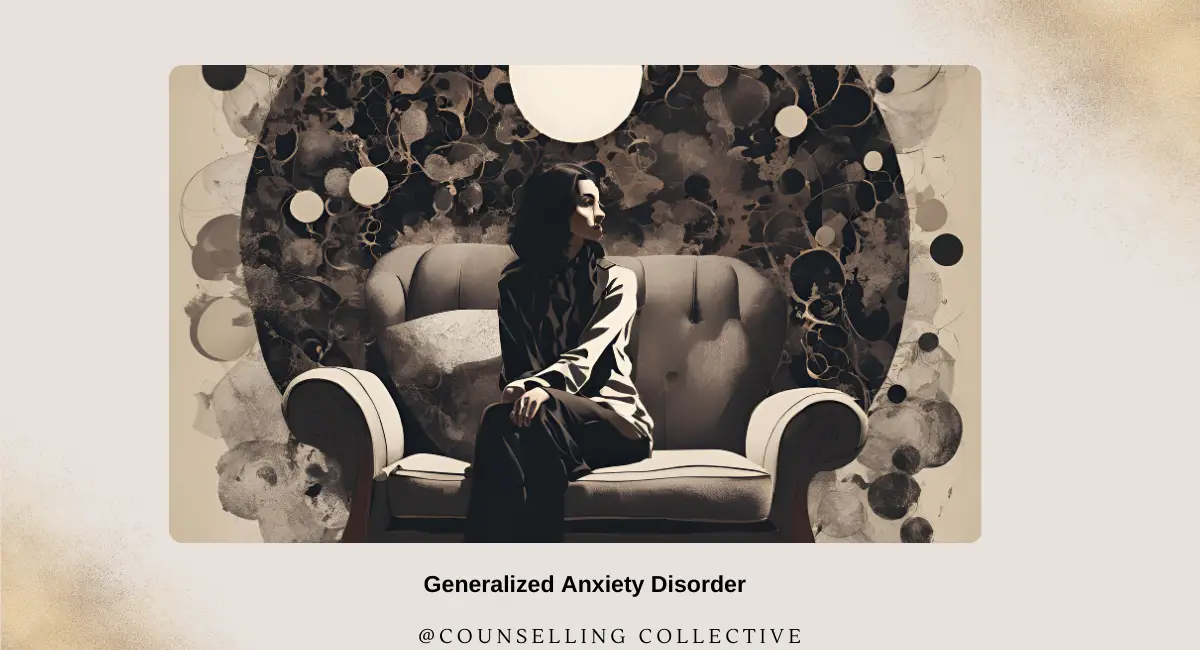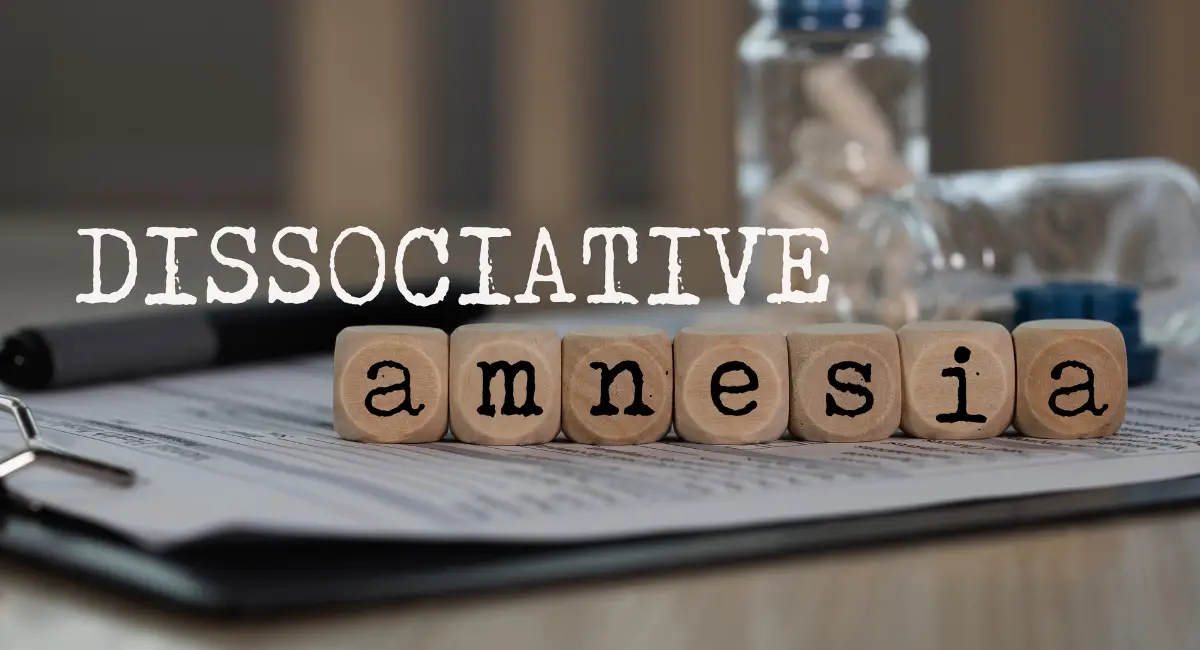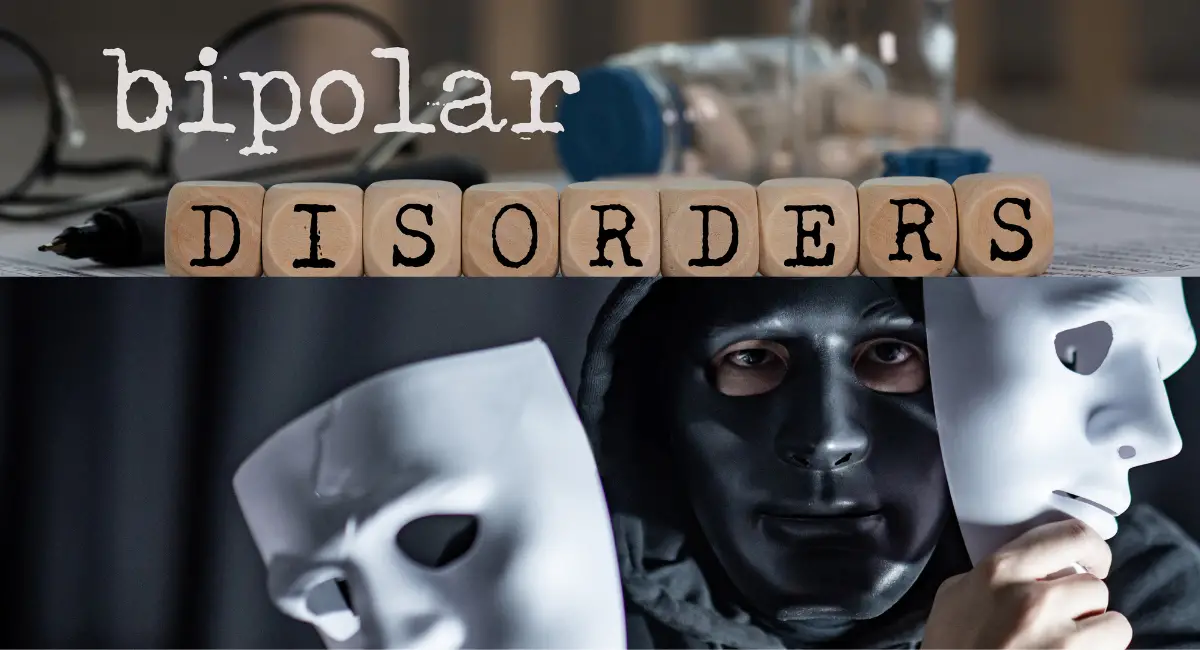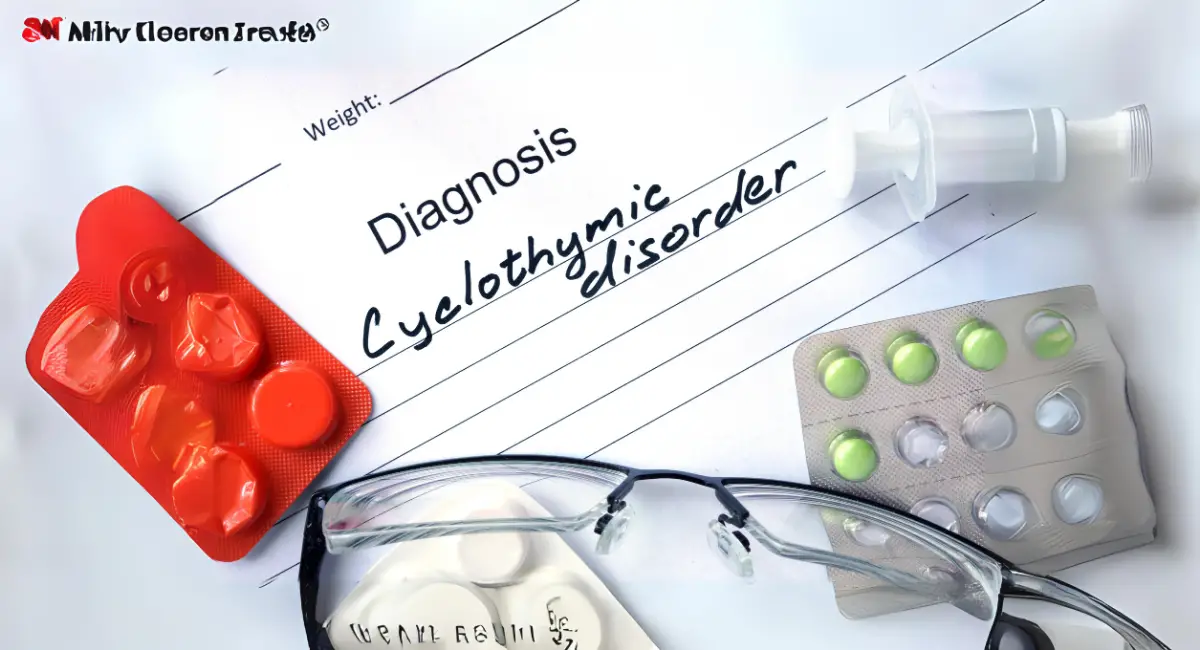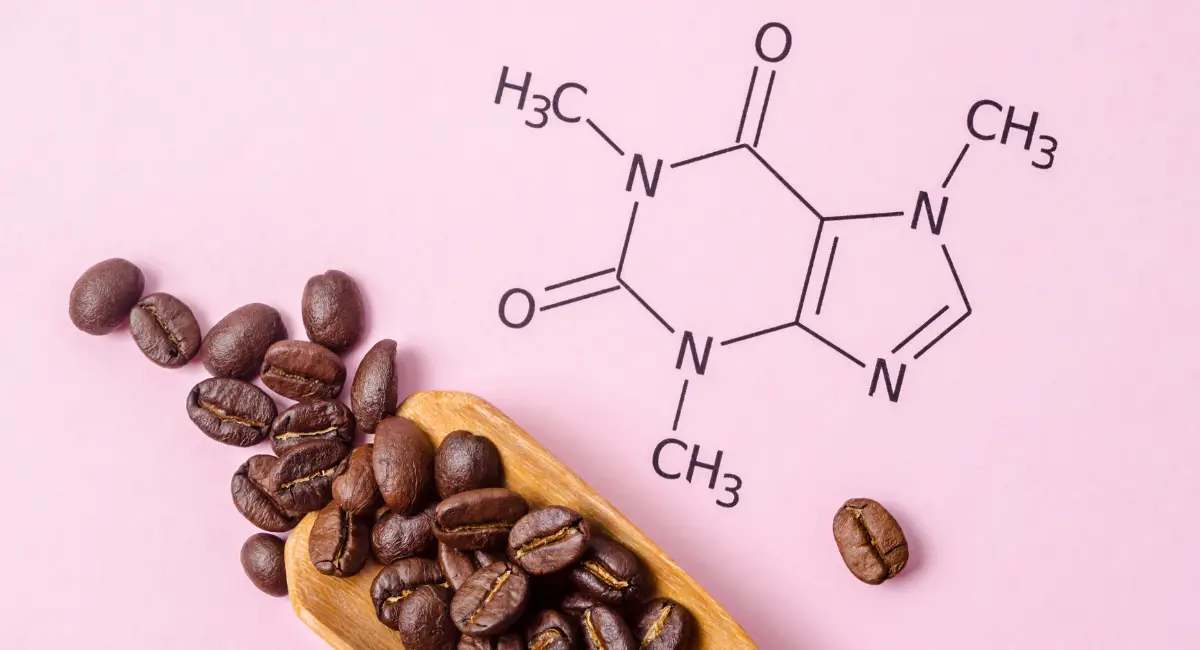
Caffeine-Related Disorders: Symptoms, Causes, and Therapy Options
Contents
Introduction
Caffeine-Related Disorders encompass a range of conditions related to the consumption and withdrawal from caffeine, a central nervous system stimulant found in coffee, tea, soft drinks, energy drinks, and some medications. Caffeine is widely consumed and considered safe in moderate amounts, but excessive intake can lead to health problems, including Caffeine Intoxication and Caffeine Withdrawal. Both disorders are recognized in the Diagnostic and Statistical Manual of Mental Disorders, Fifth Edition (DSM-5).
While caffeine is generally accepted and consumed globally, overuse or sudden discontinuation can lead to significant physical and psychological symptoms. This article covers the Symptoms, Causes, and Therapy Options for Caffeine-Related Disorders, with a focus on Caffeine Intoxication and Caffeine Withdrawal.
Symptoms of Caffeine-Related Disorders
The symptoms of Caffeine-Related Disorders vary depending on whether the issue is related to intoxication from excessive consumption or withdrawal after cessation. Below is a table outlining the symptoms of Caffeine Intoxication and Caffeine Withdrawal with examples:
| Symptom | Description/Example |
|---|---|
| Restlessness (Caffeine Intoxication) | Excessive caffeine intake can cause the individual to feel agitated and restless. For example, someone who drinks several cups of coffee may feel unable to sit still. |
| Insomnia (Caffeine Intoxication) | Difficulty falling or staying asleep after consuming large amounts of caffeine. Someone might stay awake for hours after drinking coffee late at night. |
| Increased Heart Rate (Caffeine Intoxication) | Rapid or irregular heartbeat, often accompanied by feelings of anxiety or panic. A person might feel their heart racing after consuming an energy drink. |
| Headache (Caffeine Withdrawal) | A common withdrawal symptom where the individual experiences a persistent headache after reducing or stopping caffeine intake. |
| Fatigue (Caffeine Withdrawal) | Feelings of extreme tiredness or lethargy when the individual stops consuming caffeine. For instance, someone may feel sluggish after missing their regular morning coffee. |
| Irritability (Caffeine Withdrawal) | Irritability and mood swings are common when an individual is deprived of caffeine. A person may become easily frustrated when they skip their regular caffeine intake. |
Types of Caffeine-Related Disorders
Caffeine is the most commonly used stimulant worldwide, and while its moderate consumption is generally harmless, excessive intake or sudden cessation can result in two specific disorders: Caffeine Intoxication and Caffeine Withdrawal.
1. Caffeine Intoxication
Caffeine Intoxication occurs when an individual consumes excessive amounts of caffeine, leading to significant physical and psychological symptoms. The DSM-5 recognizes Caffeine Intoxication as a condition that develops after the ingestion of more than 250 mg of caffeine in a short period, though sensitivity to caffeine varies among individuals. This amount is equivalent to approximately 2.5 cups of brewed coffee.
- Caffeine stimulates the central nervous system by blocking adenosine receptors, increasing alertness and energy levels. However, when consumed in excessive amounts, caffeine overstimulates the system, leading to symptoms such as anxiety, restlessness, and a rapid heartbeat.
- The severity of Caffeine Intoxication can depend on an individual’s tolerance and sensitivity to caffeine. Some people may experience intoxication with smaller amounts, while others may tolerate higher doses before experiencing adverse effects.
Sarah, a college student, consumed five energy drinks during an all-night study session. She experienced Caffeine Intoxication, with symptoms including a rapid heartbeat, trembling, and insomnia, lasting several hours after her caffeine consumption.
2. Caffeine Withdrawal
Caffeine Withdrawal occurs when a regular caffeine consumer suddenly reduces or stops their intake. Even though caffeine is legal and widely consumed, regular use can lead to dependence, and sudden cessation may trigger withdrawal symptoms within 12–24 hours of the last dose.
- Caffeine Withdrawal is recognized in the DSM-5 and includes symptoms such as headaches, fatigue, and irritability. These symptoms arise because the brain adapts to the constant stimulation from caffeine, and sudden removal of the stimulant causes an imbalance in brain chemistry.
- Withdrawal symptoms typically peak 1-2 days after cessation and can last for up to a week. They can significantly interfere with daily functioning and are a primary reason individuals find it difficult to quit or reduce caffeine consumption.
John, who drinks three cups of coffee every day, decided to quit caffeine cold turkey. Within hours, he developed a severe headache and felt extremely fatigued, common symptoms of Caffeine Withdrawal.
Causes and Risk Factors of Caffeine-Related Disorders
The development of Caffeine-Related Disorders is influenced by individual factors, including genetic, psychological, and environmental influences.
Major causes that we will discuss, include: Genetic and Biological Factors, Psychological Factors, Environmental Factors:
1. Genetic and Biological Factors
Some individuals are more sensitive to caffeine than others, and genetic predispositions play a significant role in determining how a person metabolizes caffeine. Differences in liver enzymes, for instance, affect how quickly caffeine is processed by the body.
- CYP1A2, a liver enzyme, is responsible for the metabolism of caffeine. Variations in the gene coding for this enzyme determine whether an individual is a fast or slow metabolizer of caffeine. Fast metabolizers can handle higher doses without experiencing symptoms of intoxication, while slow metabolizers may experience adverse effects even at lower doses.
- Adenosine receptor sensitivity also influences how caffeine affects individuals. Caffeine blocks adenosine receptors, which are responsible for promoting sleep and relaxation. Individuals with more sensitive receptors may be more prone to experiencing the stimulant effects of caffeine.
Sarah, a slow metabolizer of caffeine, experiences Caffeine Intoxication symptoms after consuming just two cups of coffee, while her friend, a fast metabolizer, can drink several cups without issue.
2. Psychological Factors
Many individuals use caffeine to cope with stress, fatigue, or lack of focus. This psychological dependence on caffeine can lead to overconsumption, increasing the risk of Caffeine Intoxication and making Caffeine Withdrawal more challenging.
- Caffeine dependence often stems from its perceived benefits, such as increased energy, improved concentration, and enhanced mood. However, chronic use leads to tolerance, where individuals need more caffeine to achieve the same effects, increasing the likelihood of intoxication and withdrawal.
- Psychological stress and workload are often associated with increased caffeine consumption, particularly among students and professionals who rely on caffeine to maintain alertness during long hours of work or study.
John, a busy lawyer, drinks several cups of coffee throughout the day to manage his workload and stay focused. Over time, he developed a dependence on caffeine and now experiences withdrawal symptoms if he skips his morning coffee.
3. Environmental Factors
The widespread availability of caffeinated beverages and the social acceptance of caffeine use contribute to the development of Caffeine-Related Disorders. Caffeine is present in a variety of products, making it easy to consume without realizing the potential risks.
- Marketing and availability of caffeinated products, such as energy drinks and coffee, have normalized high levels of caffeine consumption in modern society. These products are often marketed as performance enhancers or mood boosters, encouraging individuals to rely on caffeine for energy.
- Social environments where caffeine consumption is encouraged, such as coffee culture in the workplace or on college campuses, contribute to habitual caffeine use and make it difficult for individuals to reduce their intake.
Michael, a college student, regularly drinks energy drinks with his friends while studying. The normalization of high caffeine consumption in his social circle has led to a significant increase in his daily intake, resulting in Caffeine Intoxication symptoms.
Therapy and Treatment Options for Caffeine-Related Disorders
Treatment for Caffeine-Related Disorders typically involves a combination of behavioral interventions, support, and, in some cases, medical supervision to address both physical dependence and psychological reliance on caffeine.
1. Gradual Caffeine Reduction
The most effective treatment for Caffeine Withdrawal is to gradually reduce caffeine intake rather than quitting abruptly. This allows the body to adjust to lower levels of caffeine without triggering severe withdrawal symptoms.
- Gradual reduction involves decreasing caffeine consumption by 25–50 mg per day. This method reduces the likelihood of experiencing withdrawal symptoms such as headaches, fatigue, or irritability.
- This approach helps the brain rebalance neurotransmitter activity and reduce dependence on caffeine over time.
John, who experiences withdrawal symptoms when he skips his coffee, has decided to take a gradual approach to reduce his caffeine dependence. Caffeine withdrawal can cause symptoms such as headaches, irritability, fatigue, and difficulty concentrating, especially in individuals who consume it regularly in large amounts.
2. Cognitive Behavioral Therapy (CBT)
Cognitive Behavioral Therapy (CBT) is effective in helping individuals manage their caffeine consumption. CBT focuses on identifying the thoughts and behaviors that lead to overconsumption and developing healthier strategies for managing stress and fatigue.
- CBT helps individuals recognize the triggers for their caffeine use, such as stress or the need for increased focus. By addressing the underlying reasons for caffeine dependence, CBT helps individuals develop alternative coping mechanisms.
- Relapse prevention is a key component of CBT, teaching individuals strategies to avoid over-reliance on caffeine, particularly in high-stress situations.
Sarah participates in cognitive-behavioral therapy (CBT) to reduce her dependence on caffeine. Like many individuals, Sarah has come to rely on caffeinated beverages as a way to cope with stress and boost her energy levels. However, she recognizes that her caffeine consumption has become a habit, and she wants to break this cycle for better physical and mental well-being.
3. Mindfulness-Based Stress Reduction (MBSR)
Mindfulness-Based Stress Reduction (MBSR) can help individuals who use caffeine to manage stress or anxiety. MBSR teaches individuals how to be more aware of their thoughts and emotions, allowing them to manage stress without relying on caffeine.
- MBSR focuses on developing mindfulness skills, which help individuals become more aware of their habitual responses to stress. By practicing mindfulness, individuals can reduce their reliance on caffeine as a way to cope with negative emotions.
- Regular mindfulness practice can improve emotional regulation and reduce the likelihood of turning to caffeine during times of stress or fatigue.
John, who struggles with caffeine dependence due to work-related stress, begins practicing Mindfulness-Based Stress Reduction (MBSR) techniques as a way to manage his stress without relying on caffeine. He recognizes that much of his caffeine consumption stems from the need to stay alert and energized during stressful work situations, and he wants to reduce his dependence on coffee for coping with these pressures.
Long-Term Management of Caffeine-Related Disorders
Managing Caffeine-Related Disorders over the long term involves maintaining healthy habits and strategies to prevent relapse. Key strategies for long-term management include:
- Gradual Caffeine Reduction: Continuing to monitor caffeine intake and reduce consumption as necessary to avoid dependence.
- Mindfulness and Stress Management: Practicing mindfulness or other stress-reduction techniques to manage triggers without relying on caffeine.
- Support Group Participation: Regular involvement in support groups or peer networks to provide ongoing encouragement and accountability.
Conclusion
Caffeine-Related Disorders, including Caffeine Intoxication and Caffeine Withdrawal, are common conditions that arise from the excessive consumption or sudden cessation of caffeine. The causes of Caffeine-Related Disorders include genetic, psychological, and environmental factors. Treatment typically involves gradual caffeine reduction, Cognitive Behavioral Therapy (CBT), Mindfulness-Based Stress Reduction (MBSR), and support groups. Long-term management strategies such as continued mindfulness practice and support group involvement are essential for improving recovery outcomes and quality of life for individuals with Caffeine-Related Disorders.
References
- American Psychiatric Association. (2013). Diagnostic and statistical manual of mental disorders (5th ed.). American Psychiatric Publishing.
- Balducci, C., & Pellegrino, F. (2018). The effects of caffeine on human performance and mood. Journal of Clinical Psychopharmacology, 38(5), 474-484.
- Juliano, L. M., & DeWitt, S. G. (2008). A critical review of caffeine withdrawal: empirical validation of symptoms and signs, incidence, severity, and associated features. Psychopharmacology, 195(4), 323-334.
- Griffiths, R. R., & Richards, J. B. (2005). Caffeine use disorder: A review of the evidence and its implications. Drug and Alcohol Dependence, 80(2), 125-132.
- Smith, A. (2002). Caffeine and performance: Effects on mood, cognitive function, and physical performance. Nutrition Reviews, 60(3), 93-99.
- Hughes, J. R., & Oliveto, A. H. (1997). Caffeine withdrawal in non-dependent subjects. Psychopharmacology, 131(1), 64-70.
- McLellan, T. M., & Caldwell, J. A. (2015). Caffeine use in military personnel. Aviation, Space, and Environmental Medicine, 86(6), 534-539.
- Shapses, S. A., & Riedt, C. S. (2006). Coffee, tea, caffeine, and risk of osteoporosis: A review of the literature. The American Journal of Clinical Nutrition, 84(4), 602-609.
- Mendelson, J. H., & Mello, N. K. (2005). Caffeine dependence: A review of the literature. Journal of the American Medical Association, 293(14), 1714-1721.
- Dews, P. B., & Birnbaum, S. (1995). Caffeine and behavior. In J. A. McBride & A. M. Caffee (Eds.), Advances in psychopharmacology (Vol. 1, pp. 123-150). Oxford University Press.
Explore Other Mental Health Issues

